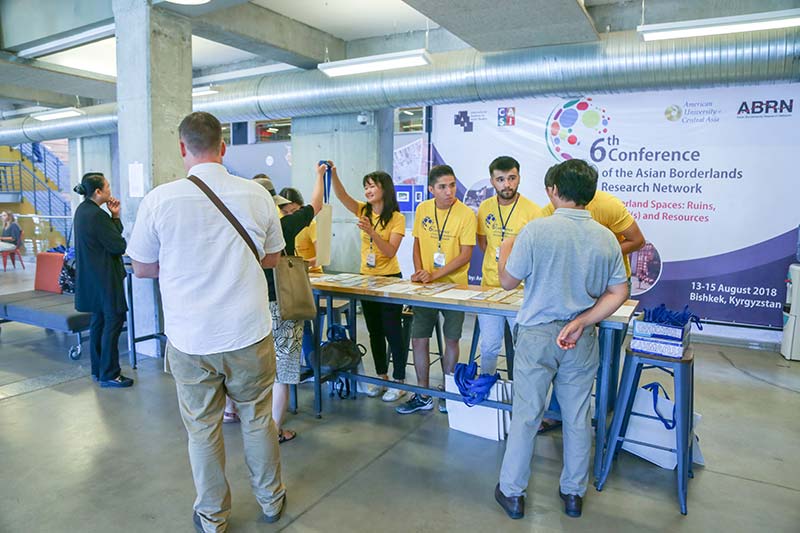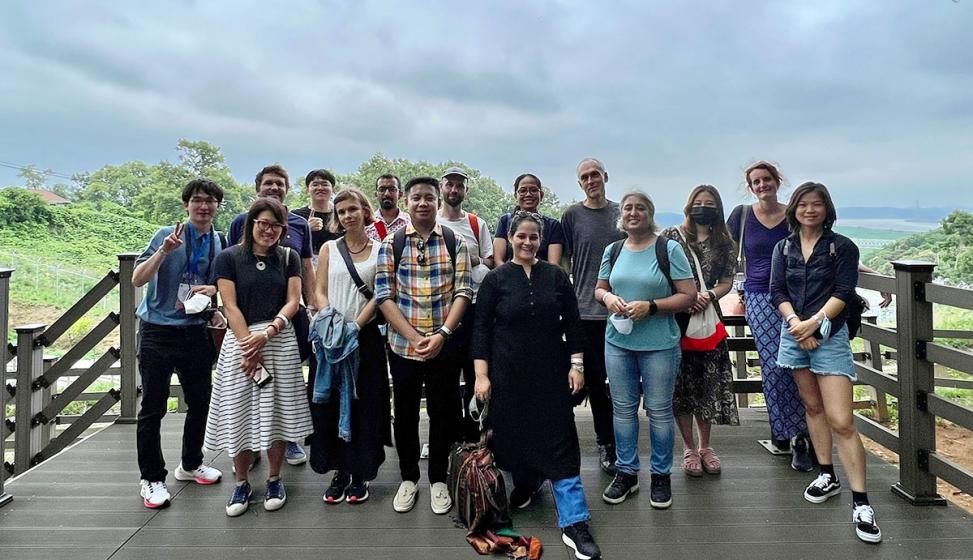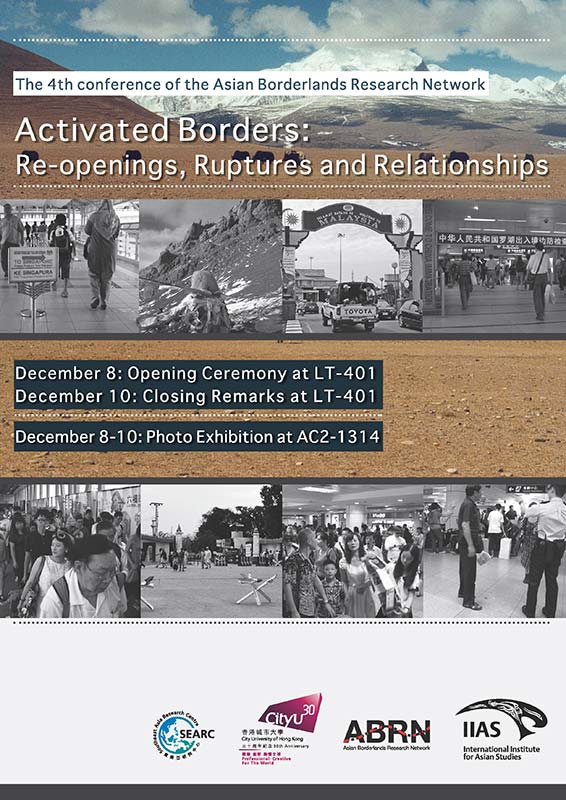The Asian Borderlands Research Network
The Asian Borderlands Research Network focuses in particular on the border regions between South Asia, Central/East, and Southeast Asia. Its concerns are varied, ranging from migratory movements, transformations in cultural, linguistic and religious practices, to ethnic mobilization and conflict, marginalisation, and environmental concerns.
Its aim is to generate new knowledge and methodologies to better understand these transitional zones – and borderlands in general – by encouraging academic exchange between both local and foreign scholars from different backgrounds. For this purpose, ABRN organises a conference in one of these border regions regularly in co-operation with a local partner.Scholarly and political boundaries divide Asia artificially into units, such as South Asia, Central Asia, Southeast Asia, East Asia, and so on. These divisions not only mask the many and varied commonalities that transcend such boundaries; they also reinforce the marginalisation of people who live in these so-called border areas. Yet a better appreciation of these ‘transitional zones' is, in fact, critical to our historical understanding of processes of social and cultural change in the states lying beyond them. Nonetheless, such a focus remains peripheral to area studies and the disciplines which feed into them.

Registration table at the 6th conference of the Asian Borderlands Research Network in Bishkek, Kyrgyzstan, 2018.
The Asian Borderlands Research Network was developed to recognise the links, both historical and contemporary, that connect people in these borderlands, focusing on the border regions between South Asia, Central Asia, East Asia, and Southeast Asia, where the prevailing notions of area studies have been particularly limiting.

Participants at the 7th ARBN Conference in South Korea on an excursion to the DMZ.
The purpose of the ABRN is to encourage academic exchange between both local and foreign scholars from a wide variety of disciplinary backgrounds in the arts, humanities, and social sciences.
In what follows, we present brief writings from four participants in the Asian Borderlands Research Network: Makiko Kimura, Robert Winstanley-Chesters, Busarin Lertchavalitsakul, and Eva Hung. Each piece reflects upon the place of ABRN in their own intellectual careers as well as its role in fostering academic conversations that challenge conventional disciplinary and geographical divides.

Program booklet for the 4th conference of the Asian Borderlands Research Network, 2014.